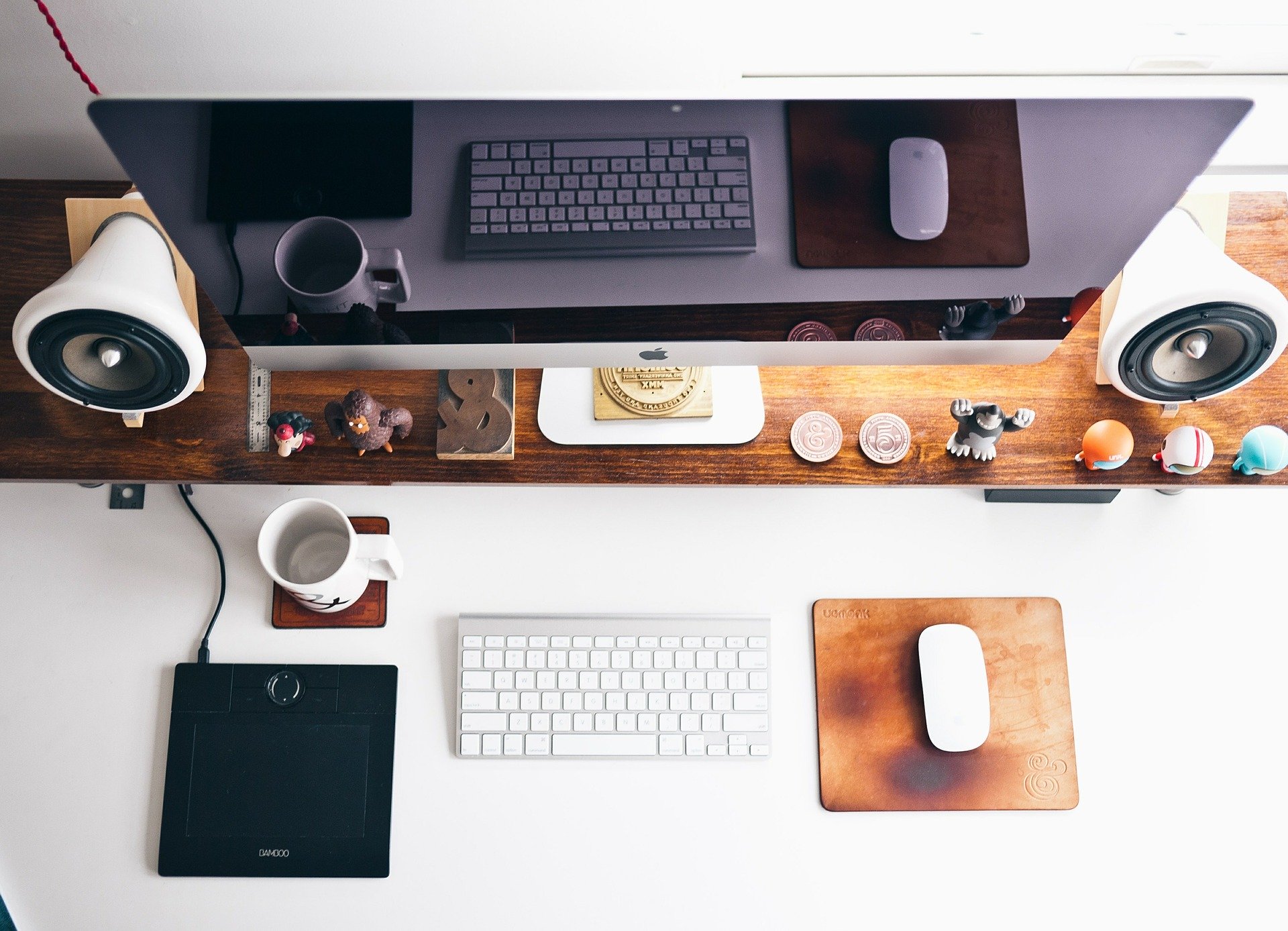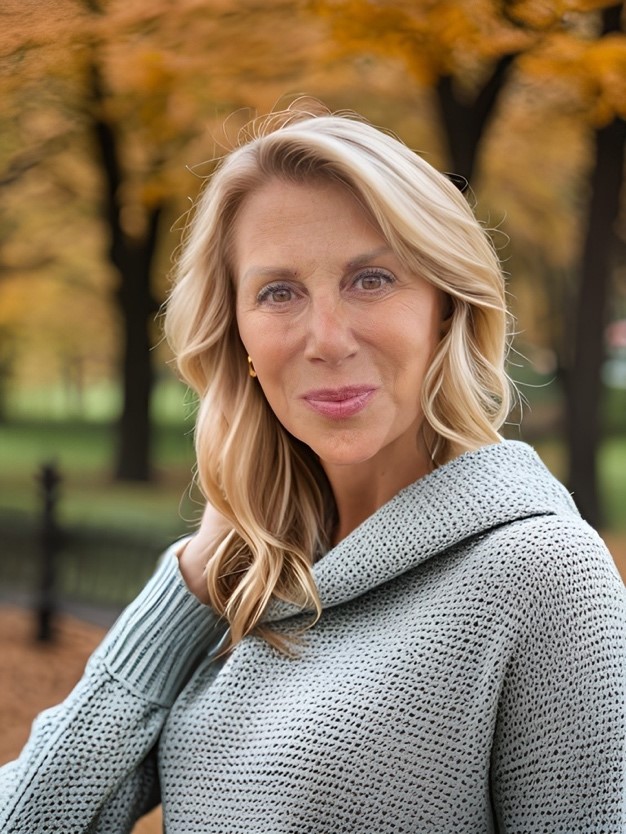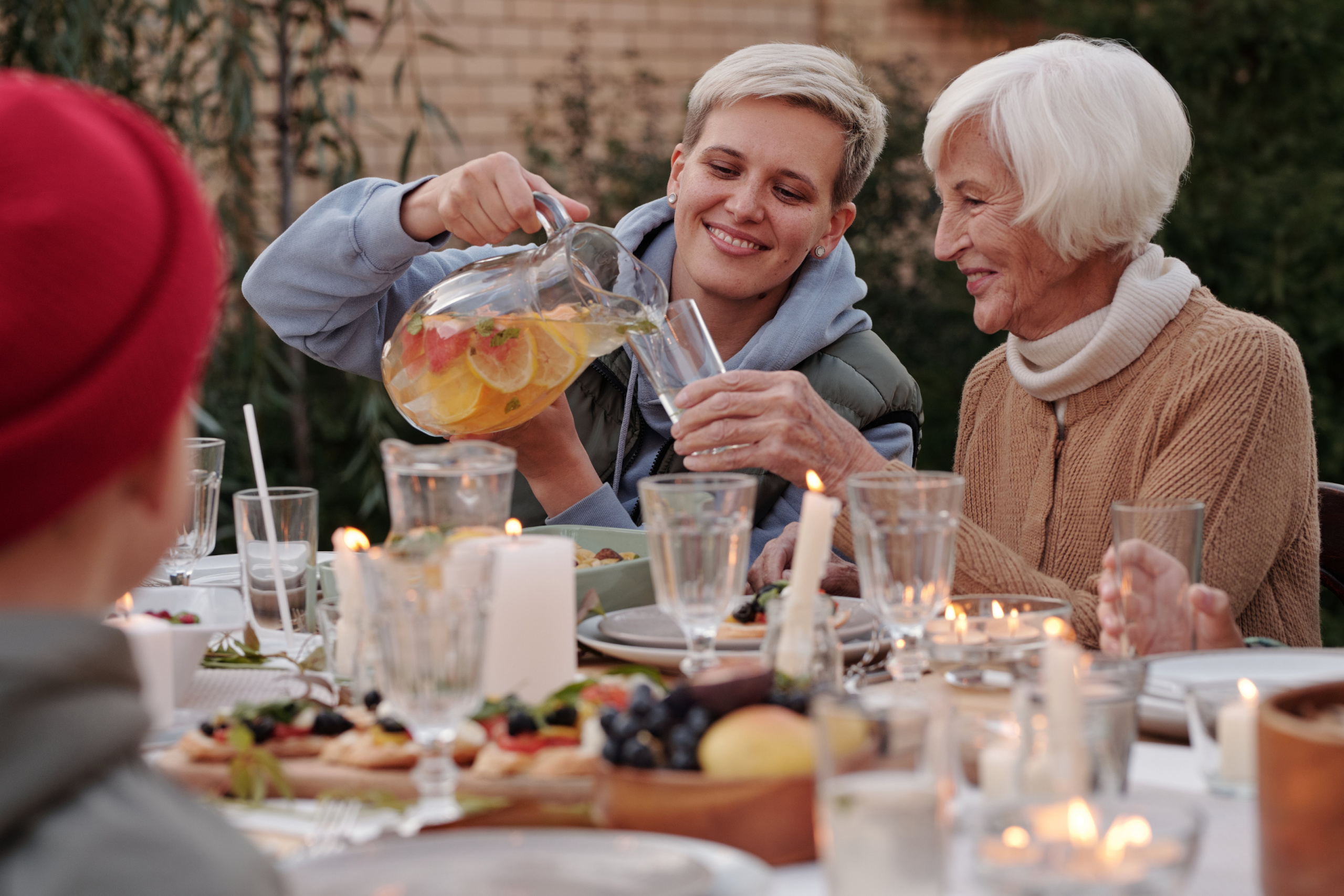If you’re a creative person, a pack rat, a shopper or a collector, minimalist living and the idea that fewer things equals greater happiness may feel impossible to you. It doesn’t have to be! And you don’t have to be a true minimalist in order to decrease the amount of possessions you own and increase your happiness.
Who’s in Charge Here?
If you’ve seen the movie Fight Club, you may remember the scene in which Tyler Durden talks about the paradox of owning things. “The things you own,” he says, “end up owning you.”
It’s especially easy to feel this in our lives when things aren’t going well. For example, when something breaks can mean having to take time to find someone to fix it and then squeeze extra funds from our budget to cover the costs of repairs. Even maintaining and cleaning out stuff can end up making us feel like a slave to our things because we of the time it takes to care for them.
Do you have things that sit gathering dust, or memberships that are going unused? Are you working extra hours or skipping other activities because your budget is tied to paying for things you’re not even using?
Evaluate Your Needs and Hobbies
Take a moment and try to look at your home the way an outsider would see it. Think like a minimalist as you walk room to room. What items do you rarely or never use? What things do you never have time to clean, take care of, or enjoy?
Think of Marie Kondo as you walk through your home and look at what you have. Do these things bring you joy? Or have they become a burden in some way?
Sometimes things represent a guilt burden as well as a financial one. If you feel a twinge in your chest every time you walk past the treadmill you’re not using, it’s probably time to come up with a different approach to your fitness. Guilt isn’t an effective exercise! Get rid of the treadmill and find a fitness opportunity that energizes or excites you instead.
Take Time to Divest Yourself of Unused Things
Take ownership of your things and decide what you really need. What’s taking up too much space? What’s eating up your budget that you simply don’t need or use anymore?
Evaluate options besides ownership. If you love to go out on a jet ski but only find time for it a few days of the year, it may be more cost effective for you to rent one for those days when you go out on the water. That way the burden of caring for, maintaining, insuring, and storing the jet ski doesn’t fall on you, and you can be sure you’re only spending money on a jet ski when you’re actually using one!
Create a place for items you’re ready to donate, like a box in your garage. Get into the habit of actually giving away items. It may help to schedule a donation day for yourself, such as the first Saturday of every month. Not only will this create space, peace and freedom in your life, but you will be making someone else happy!
Continue to evaluate your needs on a regular basis. Remember, your things should be making your life better. If they aren’t, it’s time to start looking at them differently. Don’t let your things own you. Change your approach.
Remember “Less is more!” Minimalism means something different to every one; there are no rules. It can be a gradual process or you can be more motivated and get rid of a lot…you decide!
More on Happiness and Giving Things Away
Looking for more tips on minimalist living or de-cluttering your home? Check out chapter 4 in my book, 21 Days to Happiness, in which I share my tips for living a happier life with fewer possessions.
Ingrid Kelada
Business Psychologist/Happiness Expert
KCC Inc.





